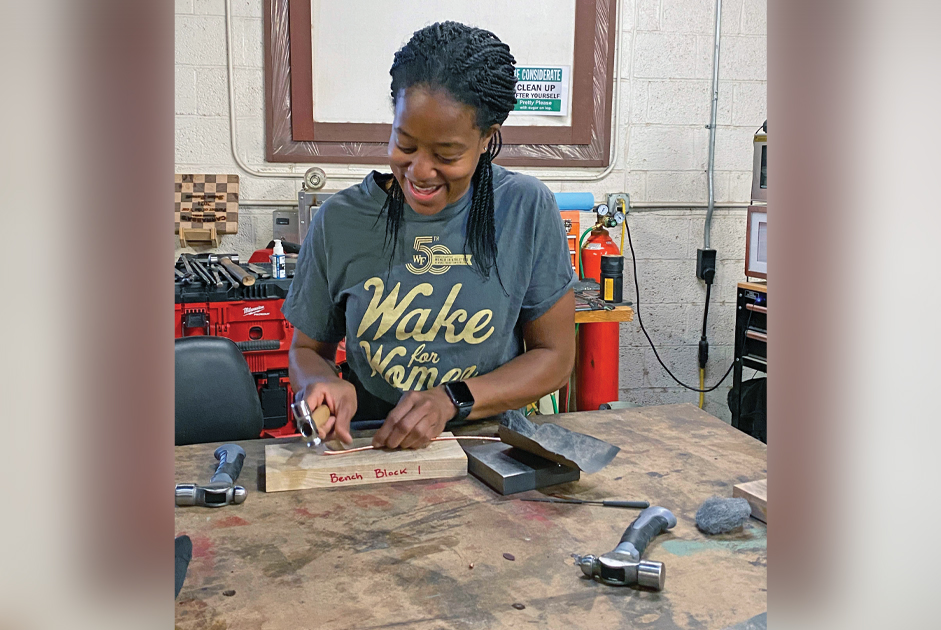Rrrriiiinnnnnggg! With final words of “see you tomorrow,” students are laden with books and various types of notebooks, eager to board a bus or car and be transported home. Entering through the door after long stretches of concentration, listening, thinking, reading, and responding, shoes are kicked off, a backpack falls to the floor, and the first desire is to grab a snack and unwind. Whether for child, preteen, or teenager, a specific hour on the clock indicates a return to textbook or worksheet, paper and pencil. For some children, the idea of homework is a battle of will, while others comply in completing their responsibilities. The question is frequently a talking point: How important is this icon of education, and is it helpful or harmful?
The Function of Homework
As with the act of writing, time is needed to methodically think through questions, ideas, and words. The best location to engage in such a task is in the familiar and quiet environment of home. Our best is often displayed when a timer does not pressure our efforts to work. Beyond the type of assignment, homework is a form of practicing independence, learning time-management skills, and assessing understanding through the presentation of words or answers. While the controversy about either keeping or eliminating homework continues, studies justify its link to learning and progress. A comprehensive study conducted by Duke University showed a positive correlation between homework and student achievement for students in the 7th through 12th grade. For younger students, the study indicated a specific connection to educational growth. Second graders demonstrated great strides in math, while third- and fourth-graders showed promising results on a variety of English skills. Fifth-graders advanced in history.
“Homework helps teachers assess each student’s understanding of class lessons.” ~ 98% of kindergarten through 12th-grade teachers
A Maximum Time
You may be asking, “Why is my first grader spending an hour on homework?” or, “When are children able to focus on extracurricular activities and playing, rather than adding additional hours to their day?” Homework policies tend to correspond with a student’s grade level. A ten-minute increment rule begins in first grade and increases by 10 minutes for each level, capping at 120 minutes for high school seniors.
A 2014 survey of teachers linked the increase in homework to the type and quality of the assignment. Students are now focusing on critical thinking skills and higher levels of learning. The national statistic suggests over 17 hours per week for high school students, three hours weekly for middle-school students, and slightly under three hours a week for elementary children.
A Greater Skill: Studying
One difficulty is asking children to study for a quiz or test, when they do not know how to achieve this expectation. It is not easy for students to intuitively know which strategies are most effective. The first step is to identify a learning style, which can be “auditory,” “visual” or “tactile.”
By recognizing and understanding personal learning styles, students can apply well-suited techniques to improve their speed and quality of learning, and most importantly, boost confidence levels and individual growth. Not every student can benefit from rewriting notes or using index cards; however, these are just two essential tools for the visual learner.
“Homework fosters time-management skills”
~ 45% of Kindergarten through 12th-grade teachers.
Organization and Time Management
How often do students reflect upon their educational successes, mistakes, and difficulties, and create and tweak a viable plan? Procrastination, which often leads down the road of lowered expectations, does not have to be the end result for students; instead, a starting point could be to consider where to study, tactics to reduce stress, and to utilize a calendar to record short and long-term goals. Our individual efforts can foster growth, character, learning, and the choice of accountability.
Homework may not be wanted or appreciated, now; but it offers something for the future greater than a letter grade.






















